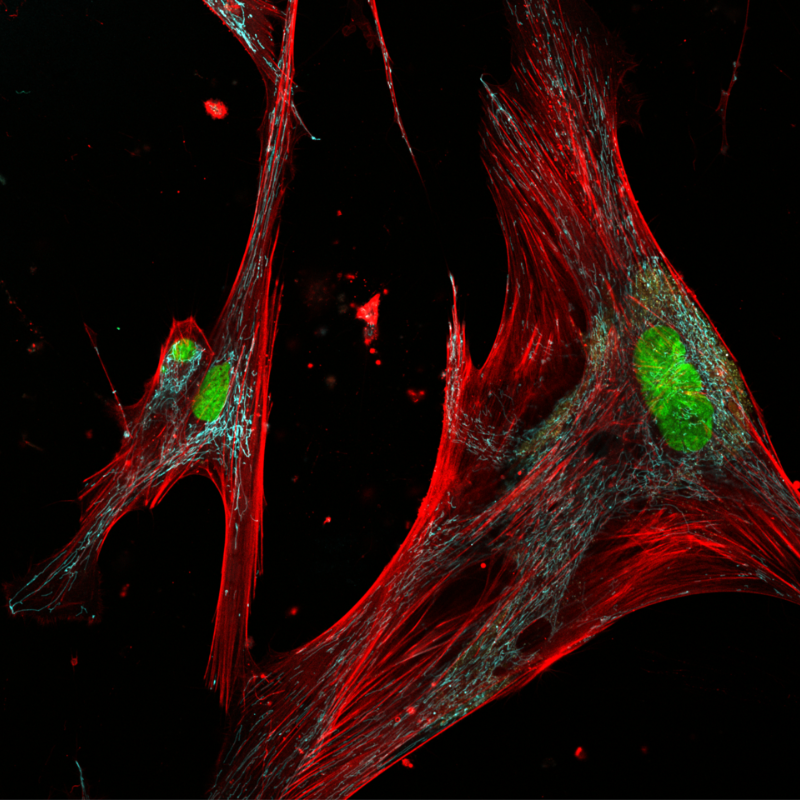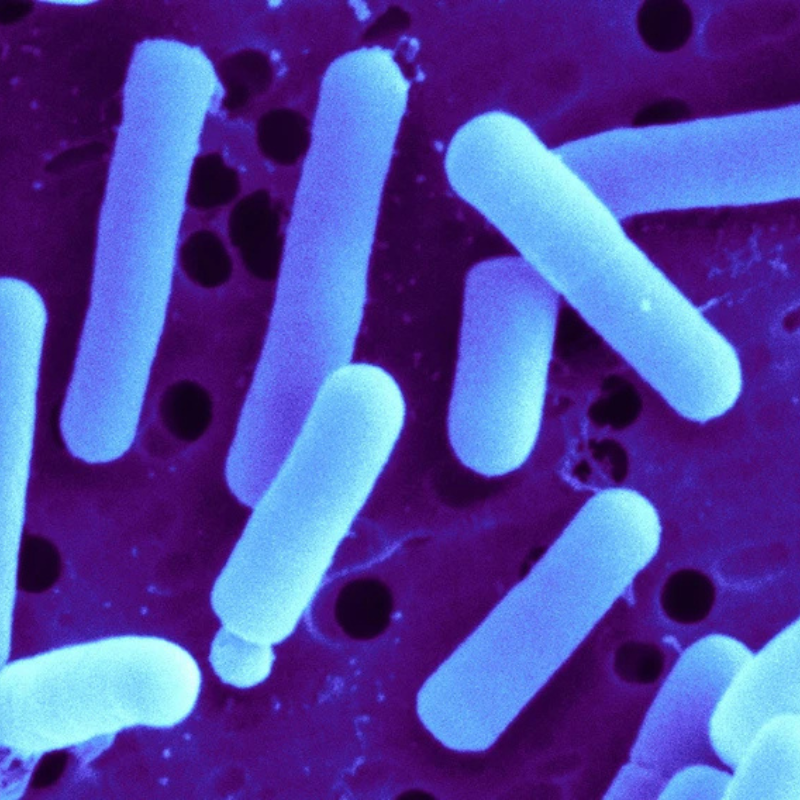Leading experts in hand hygiene, skin health science and the human microbiome recently published, “Review of Human Hand Microbiome Research” in The Journal of Dermatological Science. According to the report, hands are like a busy intersection, constantly connecting our microbiome to the microbiomes of other people, places and things. Hands are an important and evolving microbiome research field of study because of their critical nature to overall human health.
The human microbiome is the microorganisms that live in and on humans, this could be in the gut, mouth, skin, eyes and lungs. Our bodies have 100 trillion microorganisms, 10 times more than human cells. Microbiome science is a growing field involving many scientists which may play an important role in human health, from maintaining a healthy immune system to fighting disease.
One of the study’s authors, Dr. Noah Fierer from the Department of Ecology and Evolutionary Biology at the University of Colorado Boulder, stressed the importance of understanding the hand microbiome. “Our hands play a critical role in transmitting microorganisms between people, pets, inanimate objects and our environments,” said Fierer. “Since hands are transporting microorganisms, including pathogens, between people, the dynamics of hand microbial communities and factors impacting them are important to understand.” Fierer also commented that, “we cannot yet conclude what is a healthy hand microbiome. This is because our current understanding is limited by a lack of standardized methods among studies and a lack of information about the functional role of the hand microbiome.”….





